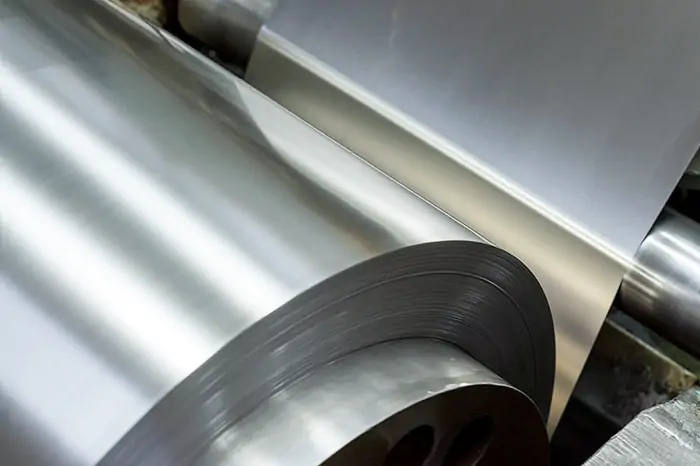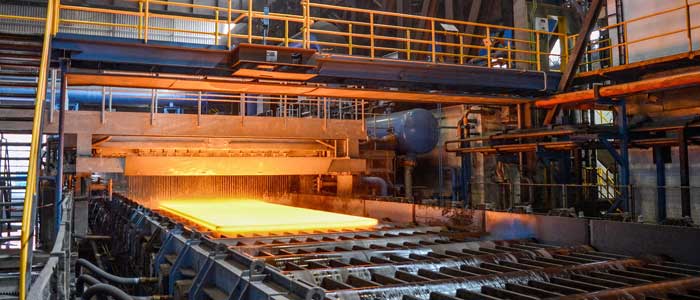Magnets play a crucial role in modern technology, providing essential functions across various industries. From household appliances to advanced electronics, magnetic materials are indispensable. Understanding the difference between soft and hard magnetic materials, as well as their applications, can help in selecting the right type for specific needs.
Before delving into applications, it is essential to distinguish between soft and hard magnetic materials. Soft magnetic materials are easily magnetized and demagnetized. They have low coercivity, which makes them ideal for applications requiring rapid magnetization changes. On the other hand, hard magnetic materials, also known as permanent magnets, maintain their magnetism even after the external magnetic field is removed. They have high coercivity and are used in applications where a constant magnetic field is necessary.
Applications of Soft Magnetic Materials
Transformers and Inductors
Soft magnetic materials, such as silicon steel and ferrites, are widely used in transformers and inductors. These materials facilitate efficient energy conversion and help minimize energy loss. Their low hysteresis loss makes them ideal for applications requiring frequent magnetization and demagnetization, such as power supplies and radio frequency (RF) transformers.
Electric Motors and Generators
Electric motors and generators rely heavily on soft magnetic materials for their cores. These materials enhance the magnetic field, improving the overall efficiency of the devices. The rapid response of soft magnetic materials to changing magnetic fields makes them suitable for applications in automotive and industrial machinery.
Applications of Hard Magnetic Materials
Permanent Magnets in Electronics
Hard magnetic materials, such as neodymium and samarium-cobalt, are used in permanent magnets for electronic devices. These magnets are found in speakers, hard drives, and sensors. Their ability to maintain magnetism ensures consistent performance in electronic applications.
Magnetic Storage and Memory
Magnetic materials play a vital role in data storage technologies. Hard magnetic materials are used in magnetic storage devices like hard drives, where they enable data retention even in the absence of power. This makes them essential for long-term data storage.
Industrial Applications
Hard magnetic materials are extensively used in industrial applications. They are found in magnetic separators, lifting magnets, and magnetic couplings. These materials are chosen for their durability and ability to maintain a strong magnetic field over time, crucial for heavy-duty industrial tasks.
Conclusion
The applications of soft and hard magnetic materials are vast and varied, spanning across industries such as electronics, automotive, and manufacturing. Understanding the properties and uses of these materials helps in selecting the right type for specific applications, ensuring efficiency and performance. Whether it’s the flexibility of soft magnets in transformers or the reliability of hard magnets in permanent applications, magnetic materials are integral to modern technology.
By exploring the diverse uses of these materials, industries can harness their potential to drive innovation and improve everyday life.









